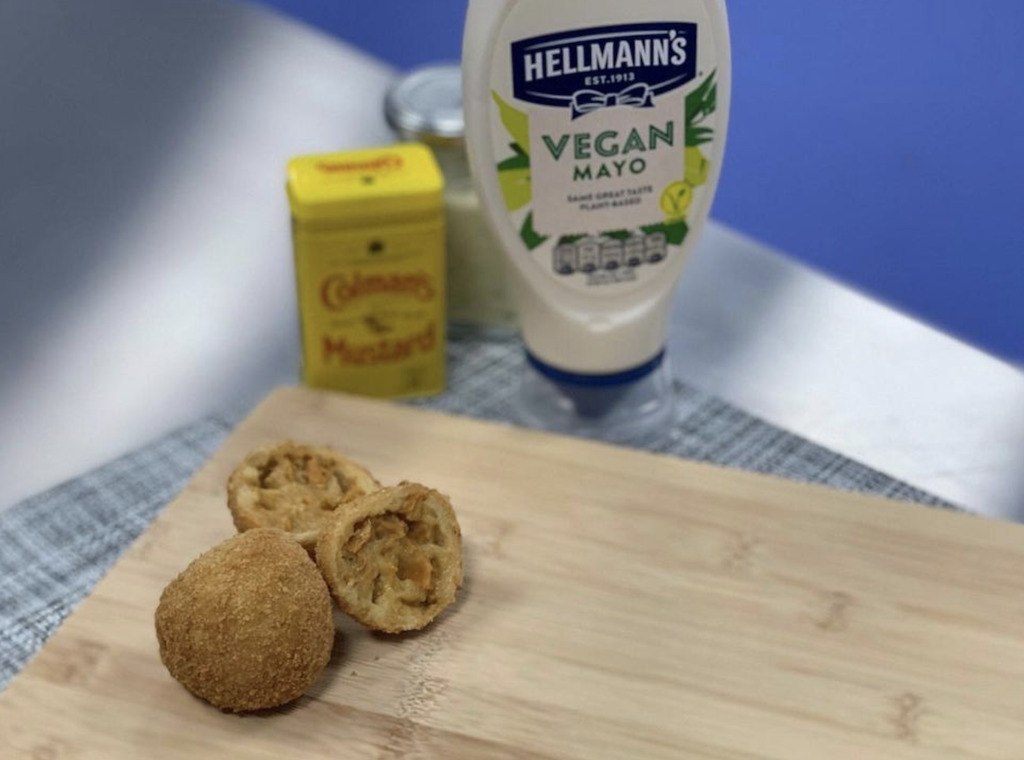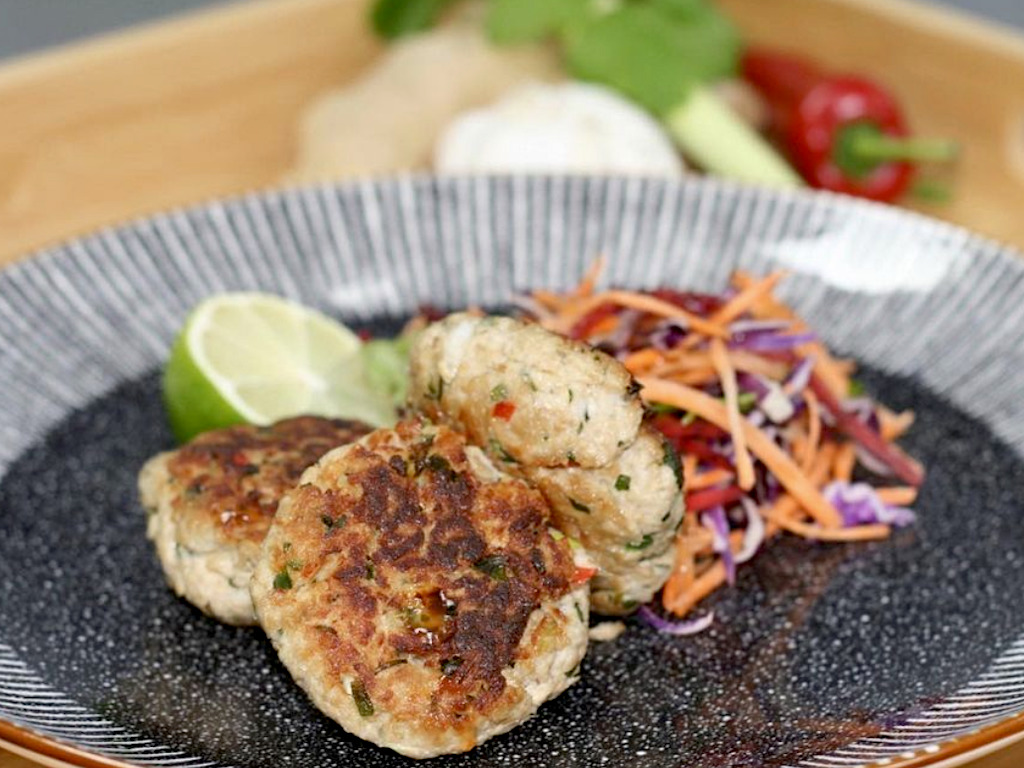3 Mins Read
Unilever has announced a new partnership with food tech Enough, formerly known as 3F Bio, to launch new plant-based meat products and keep up with the “explosive growth” of alternative proteins. Enough uses zero-waste fermentation technology to develop its mycoprotein, which will support the Anglo-Dutch food giant’s sustainability plans and its €1 billion (US$1.19 billion) plant-based annual sales target.
Unilever has announced on Thursday (May 27) a new partnership with Scotland and Netherlands-based Enough, the B2B food tech that recently rebranded from 3F Bio. The collaboration will help the Anglo-Dutch conglomerate bring new plant-based meat products to market, amid the “explosive growth” the global meat-free sector is experiencing, said the company.
Enough’s technology uses a zero-waste fermentation process to grow its natural high-quality mycoprotein, which is derived from fungi fed with renewable feedstock. Its flagship mycoprotein product, Abunda, is a complete protein containing all essential amino acids and is high in dietary fibre.
“Producing vast quantities of healthy and sustainable protein is one of the most urgent global priorities. There’s a rapid transition in the food industry and we are excited with this collaboration with Unilever and The Vegetarian Butcher, which truly supports our aim to create impact and scale,” said Andrew Beasley, commercial director of Enough.

We’re excited by the potential that this technology has for future innovations across our portfolio, and we can’t wait to launch more plant-based foods that help people cut down on meat.
Carla Hilhorst, EVP of R&D for Foods & Refreshment, Unilever
Unilever says that Enough’s Abunda protein can be incorporated into a number of its products, including in its subsidiary plant-based meat brand The Vegetarian Butcher, describing the collaboration as a “natural fit”.
“Plant-based foods is one of Unilever’s fastest growing segments and we’re delighted to partner with Enough to develop more sustainable protein products that are delicious, nutritious, and a force for good,” commented Carla Hilhorst, EVP of R&D for foods and refreshment at Unilever.
“We’re excited by the potential that this technology has for future innovations across our portfolio, and we can’t wait to launch more plant-based foods that help people cut down on meat, without compromising on taste.”
Hilhorst added that the collaboration with Enough directly supports the company’s overall ambition to become a major plant-based food player. Unilever previously made clear its intention to tap the fast-growing market, setting out a €1 billion (US$1.19 billion) annual sales target for the alternative meat and dairy category for the next five to seven years.

There’s a rapid transition in the food industry and we are excited with this collaboration with Unilever and The Vegetarian Butcher, which truly supports our aim to create impact and scale.
Andrew Beasley, Commercial Director, Enough Foods
It has also aggressively ramped up the brand presence of The Vegetarian Butcher, supplying the patties of new Plant-Based Whoppers at Burger King locations in Indonesia, the U.K., China, United Arab Emirates and across Europe.
Unilever has additionally created vegan-friendly versions of its most classic portfolio brands, including Ben & Jerry’s and Magnum ice-creams and Hellmann’s mayonnaise, in order to keep up with what its CEO Alan Jope described as an “inexorable” trend in “every single country”.
For Enough, it isn’t the first partnership it has forged with an established food player, having previously teamed up with British retailer M&S as part of its plant-based innovation hub, supplying its proprietary Abunda protein for the company’s Plant Kitchen range.
To meet the rising demand, Enough says that it is now in the process of building a mycoprotein factory with a capacity of 50,000 tonnes, targeting production of over a million tonnes cumulatively within 10 years of its slated opening in 2022.
Lead image courtesy of Enough.




